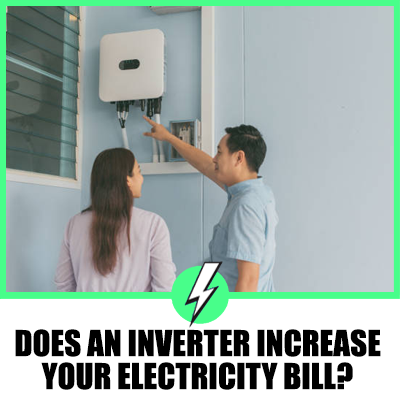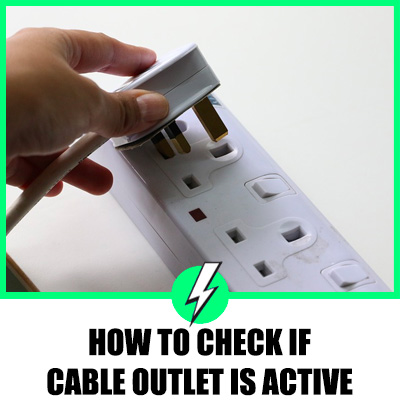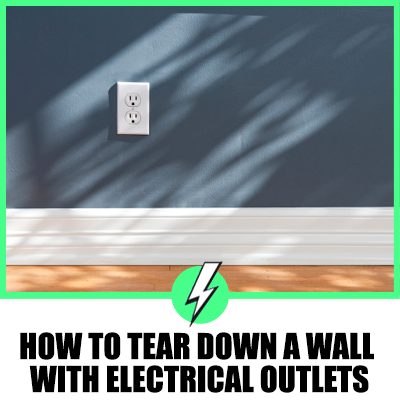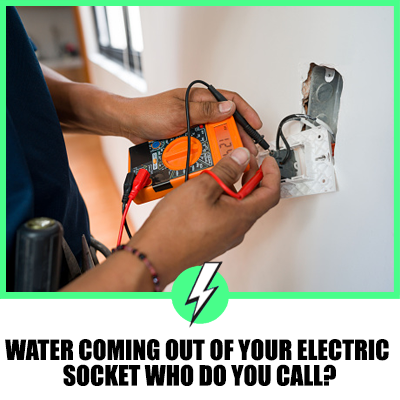Does an Inverter Increase Your Electricity Bill? A Comprehensive Analysis
An inverter, a device that converts direct current (DC) into alternating current (AC), is a common feature in many homes and businesses across the United States and the United Kingdom.
The AC electricity is what powers our homes and businesses, making inverters an essential tool in our daily lives.
However, a question that often arises is whether the use of an inverter increases your electricity bill.
The answer to this question is not straightforward and depends on several factors.

Contents
Understanding Inverters
Before we delve into the impact of inverters on electricity bills, it’s crucial to understand what an inverter is and how it works.
An inverter is a device that changes DC, the type of electricity stored in batteries, into AC, the kind of electricity that powers your home.
This conversion is necessary because most home appliances are designed to run on AC power.
Does an Inverter Consume a Lot of Electricity?
The amount of electricity an inverter consumes depends on its size and capacity.
Generally, the larger the inverter, the higher the wattage output, and consequently, the more electricity it consumes.
However, it’s worth noting that once the batteries of an inverter are fully charged, they consume power less than 1% of their capacity.
This means that if you’re not using the inverter, it’s best to switch it off, especially if you’re leaving your home for an extended period.
This can help save on electricity costs.
Is it Expensive to Charge an Inverter?
Charging an inverter does increase your electricity bill.
The inverter uses extra energy to charge the batteries so that they can be used again during a power outage.
This extra use of power will technically increase your monthly electricity bill.
However, the increase may not be significant, especially if you compare it to the cost of not having power during an outage.
How Much Power Does an Inverter Use to Charge?
The amount of power an inverter uses to charge depends on its voltage.
For instance, a 12 V inverter, such as a Mass Sine 12/1200, will consume approximately 40 amps on average.
On the other hand, a 24 V inverter, such as a Mass 24/1500, will consume about 20 amps.
This power consumption is necessary to convert the DC power from the battery into AC power.
How Can I Save Electricity with My Inverter?
Inverter technology has come a long way, and modern inverters, especially inverter air conditioners, are designed to be energy efficient.
When an inverter air conditioner reaches the set temperature, it continues to run at a lower speed, using less power and saving you money on your electricity bill.
In an inverter air-conditioner, the compressor speed is varied according to the cooling requirement.
For example, if less cooling is required, the compressor will operate at a lower speed and vice versa.
This results in lower energy consumption compared to a traditional air-conditioner where the compressor runs at a fixed speed.
Inverter air-conditioners are thus more energy efficient and can help save up to 40% on energy bills.
Insights from Online Discussions
Online discussions on platforms like Energy Theory, Genus Innovation, NoBroker, Quora, Architreecture, AtulHost, SolVoltaics, MyBroadband, and Eskom Load Shedding Schedule provide valuable insights into the impact of inverters on electricity bills.
Many users highlight the importance of understanding how inverters work and how to use them efficiently to minimize their impact on electricity bills.
For instance, some users suggest turning off the inverter when not in use to save on electricity costs.
Others recommend using energy-efficient inverter air conditioners to save on energy bills.
Conclusion
In conclusion, using an inverter can result in a higher electricity bill due to its power consumption.
However, the use of an inverter can also lead to savings by improving the efficiency of your appliances and reducing the amount of electricity they use.
Therefore, whether or not an inverter increases your electricity bill will depend on how you use it and the specific circumstances of your home or business.
Inverters are a crucial part of our lives, powering our homes and businesses and providing us with the convenience and comfort we’ve come to expect in our daily lives.
While they do consume electricity, their benefits often outweigh the costs.
By understanding how inverters work and how to use them efficiently, you can enjoy the benefits they offer while keeping your electricity bill in check.





